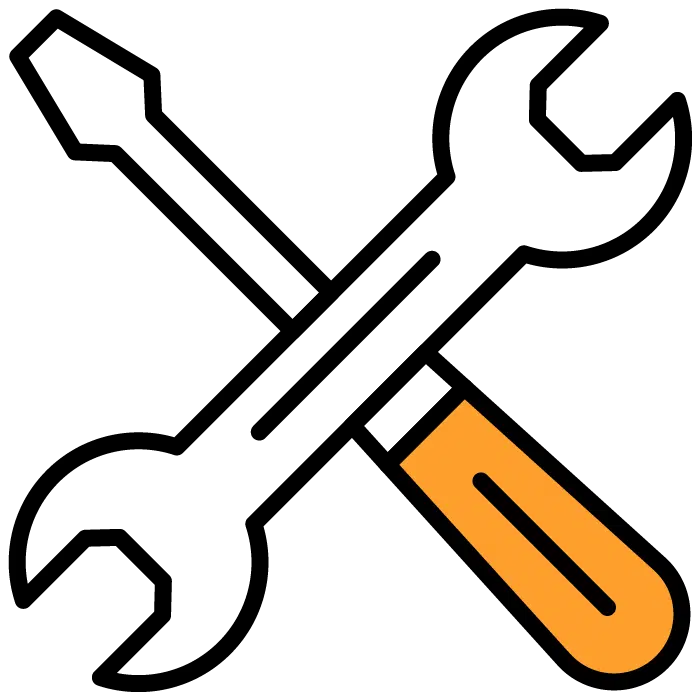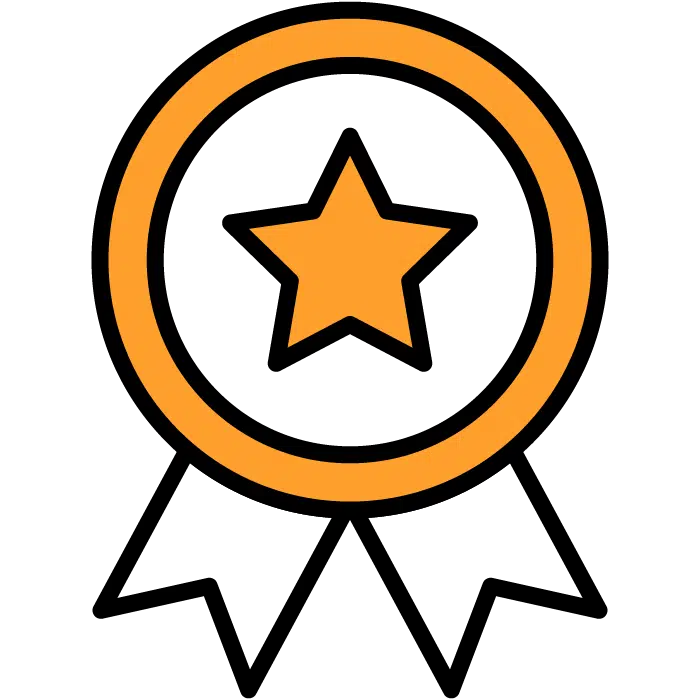One of the most pressing—and often misunderstood—questions in recruitment is: How do you test for work ethic in your hiring process? Nearly every organization seeks “hard workers,” but effective and unbiased tools to reliably assess this trait are surprisingly rare.
At Discovered, we use a research-driven, methodical approach that captures work ethic through a combination of measurable traits, observable behaviors, and patterns of past performance. This guide details exactly how you can replicate and improve your own hiring process—based on what science, experience, and real-world results show actually works.
Why Work Ethic is Hard to Measure
Many candidates claim a strong work ethic, but direct assessment is challenging. Traditional interview questions, such as “Tell me about a time you went above and beyond,” often get rehearsed answers and do little to truly differentiate applicants. Standard references are typically soft, and surface-level personality assessments are easy to fake.
Work ethic may look simple, but it’s broad, nuanced, and shaped by both internal motivation and external context.
Our Structured, Multi-Layered Approach

Rather than relying on one question or assessment, we use a series of layered tools and techniques to rigorously evaluate work ethic:
| Assessment Area | What It Measures | How It’s Assessed |
|---|---|---|
| Trait-Based Assessments | Motivation, persistence, work drive | Forced-choice, scenario-based |
| Attitude & Integrity | Accountability, positivity, feedback-receptivity | Subtle/behavioral questioning |
| Reference Checks | Performance consistency, response to adversity | Direct, supervisor-led queries |
| Job Fit & Alignment | Value and culture alignment | Personality-fit analysis |
Let’s break down each core area:
1. Trait-Based Assessments
Trait-based assessments provide objective signals on who is likely to stay engaged, push through challenges, and deliver consistently—even when the work gets tough. We focus on two critical traits:
a. Ability to Apply (Work Drive)
This metric measures how likely someone is to maintain focus and persistent effort—even under stress, monotony, or setbacks.
- High scorers push through and complete tasks despite difficulties.
- Low scorers often start strong but lose momentum over time.
b. Motivation (Intrinsic vs. Extrinsic)
Why someone chooses to work is as important as how much they work.
- Those motivated by inner goals (achievement, sense of purpose) typically outperform individuals primarily driven by external incentives (money, approval).
- Objective, forced-choice assessments probe real motivations, catching inconsistencies or attempts to fake desired answers.
Scientific research supports the validity of rigorous, scenario-based behavioral assessment over self-report surveys. For example, this ERIC research article explores personality trait measurement in recruitment, emphasizing the predictive value of conscientiousness and persistence.
Tip: Explore Employee Assessment Software to implement customizable, psychometrically tested screens in your process.
2. Attitude, Integrity, and Personal Responsibility
Just as often, concerns about “work ethic” mask deeper issues with attitude or accountability. Here’s what to watch for:
- Blaming others
- Low personal responsibility
- Negativity or pessimism
- Excuse-making
- Hostility toward feedback
Advanced behavioral assessments (and careful interview scripting) can flag these traits using subtle language cues, indirect value checks, and scoring for consistency. For instance, integrity tests—proven to predict job performance—use complex patterns and decoy questions to catch exaggeration or dishonesty.
Backed by findings like those in this study on work ethic measurement, structured integrity instruments are critical to capturing nuanced personal responsibility and workplace behavior.
Why does this matter?
- “Bad attitude” is harder to spot in interviews than many expect.
- Early detection—before a candidate advances far—saves time and protects your culture.
Learn more about adding assessments to your job posting to help weed out poor fits quicker in your hiring funnel.
3. Past Behavior Checks (References Done Right)

Too often, reference checks are a wasted opportunity. To accurately verify work ethic, you need:
- Tough, direct questions (e.g., “Would you rehire this person tomorrow? Why or why not?”)
- ID-specific, relevant examples (“How did they handle feedback and challenging weeks?”)
- Focus on grit, consistency, and accountability more than just skills
- Direct contact with former supervisors—not coworkers or friends
If you want to save time and gain consistency, consider Automated Reference Checking. This approach allows you to standardize your process while securing candid, actionable feedback.
For tips, see our guide on Reference Checking.
Bonus: Work Ethic Is Also About Job Fit
Many “work ethic” problems are actually mismatches between a candidate’s personality and the nature of the job.
- Boredom
- Unclear expectations
- Lack of connection to the company’s purpose
- Toxic management or poor team culture
If the environment isn’t right—even “hard workers” can disengage. Successful hiring means evaluating not only motivation and skill, but also job-personality fit and value alignment. Misalignment leads to burnout or early exits, not just “poor work ethic.”
See our full guide: Strengthening Your Hiring with a DISC-Based Approach, which explains how to factor personality into your decision process.
Red Flags for Misalignment
- Employees who “check out” in roles that don’t use their strengths
- Job churn in positions with unclear duties or weak culture
Work with top job fit assessment tools to identify mismatches before you make a final offer.
Practical Tools for Work Ethic Evaluation
Below is a practical summary of validated tools to enhance your hiring process:
| Tool/Method | Best For |
|---|---|
| Custom Behavioral Screens | High-volume or niche recruiting |
| Automated Reference Checking | Fast, consistent feedback |
| Employee Assessment Software | Objectively measuring key traits |
| Candidate Scorecards | Standardizing interviewer ratings |
| Job Fit Assessments | Preventing early turnover |
For more advice, check out our insights on how to leverage candidate ratings and scorecards and custom assessments.
Frequently Asked Questions
Q: How do I prevent candidates from faking their way through assessments?
- Use forced-choice, scenario-based questions instead of self-reports.
- Calibrate assessments for “faking bad” or “social desirability” patterns.
Q: When in the hiring process should I screen for work ethic?
- Early! This prevents poorly matched candidates from advancing far and wasting resources.
Q: Can you create custom scenarios for unique roles?
- Yes. We can design tailored work ethic screens—sometimes in as little as 48 hours—to test for criteria like attention to detail, stress tolerance, or persistence.
TL;DR – How We Assess Work Ethic
- ✅ Use validated assessments for work drive, focus, and intrinsic motivation
- ✅ Screen early for attitude, blame-shifting, and personal responsibility
- ✅ Run real reference checks with direct former managers only
- ✅ Check personality-job fit to avoid disengagement
- ✅ Build rapid custom scenarios/tests when needed
It’s structured. It’s fast. And it works.
Learn More and Optimize Your Hiring
It’s never been more important to adopt proven, research-backed techniques to assess work ethic. These methods will help you:
- Reduce bad hires
- Protect your company culture
- Save time and costs in recruitment
- Maintain high standards even as you scale
Ready to level up your hiring process? Schedule a free demo with our hiring experts and see firsthand how you can measure work ethic effectively.
Further Reading:




